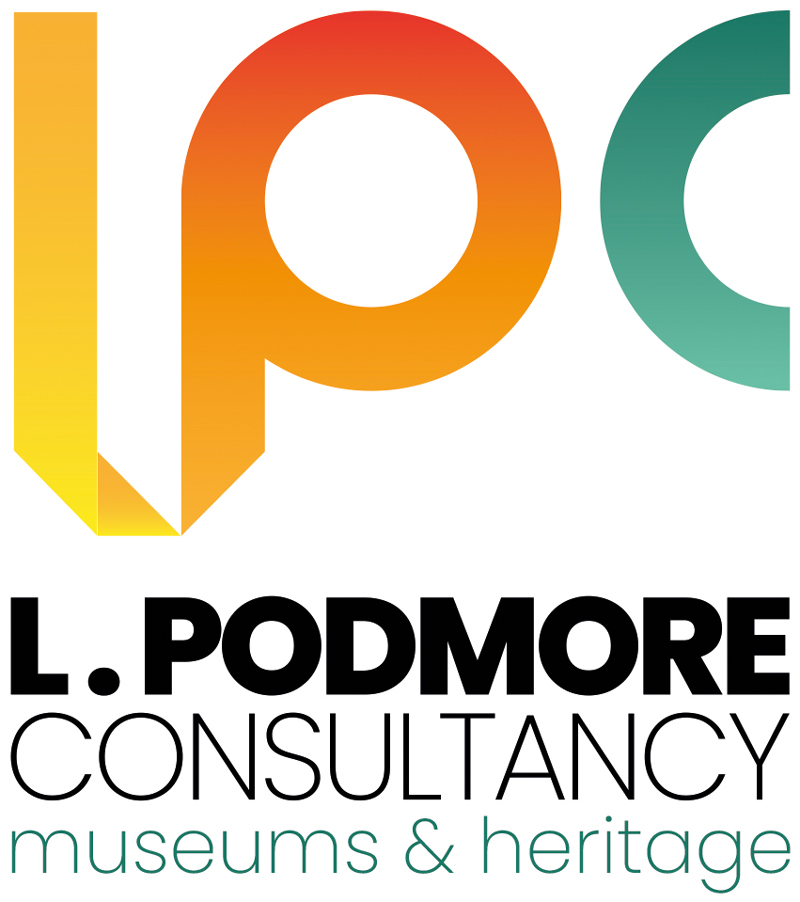case studies
Llangollen’s Plas Newydd Historic House & Gardens
Interpretive Planner and Ambience Audit Assessor
Plas Newydd House and Gardens is a 14th Century estate which was home to the ‘ladies of Llangollen’ who unusually set up home together and transformed it into a gothic fantasy in the Regency period.
A site-specific Interpretive Strategy and Action Plan was created to dovetailed themes in an existing strategy, identified by the Clwydian Range and Dee Valley AONB’s ‘Our Picturesque Landscape’. As well as assessing current interpretation, the site strategy generated new themes and provided recommendations on more engaging methods to interpret the narrative. Best practise examples were provided across the whole site.
The Ambience Audit included assessing the presentation of the heritage site and grounds and provided recommendations for identified improvements. Key reviews included visitor services, amenities, learning offers and online presence. Public and staff consultation was undertaken for both reports. This resulted in a unified creative direction for the on-site visitor experience.
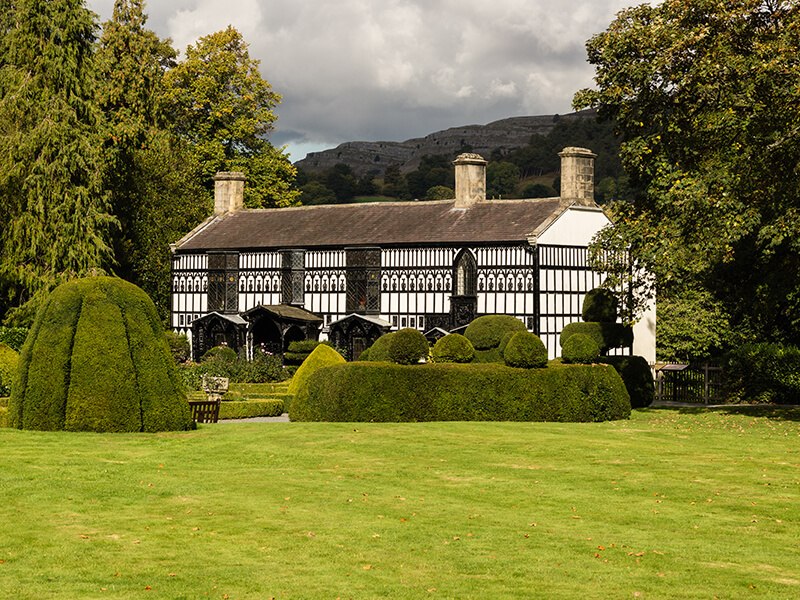
Nantgarw Chinaworks Museum, Cardiff
Writer/Researcher for Museum Accreditation Policies and Plans
Nantgarw China Works is a 200-year-old heritage site associated with the renowned Nantgarw porcelain factory and later clay tobacco-pipe works.
The Trustees commissioned a series of policies and plans to be devised to support their ambitions to achieve Museum Accreditation Status with the Arts Council. This work predominantly focused on producing policies and plans associated with Audience Development, Access, Collection Care and Conservation. This required working closely with the trustees, employing research and analysis skills and delivering a focus group.
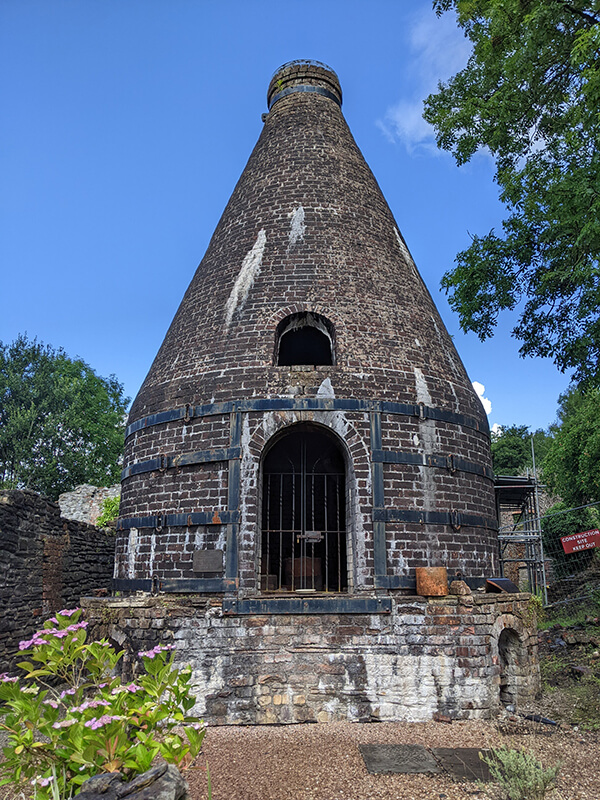
Welsh Government’s Culture Division
Grant Assessor for the Transformational Capital Grants Programme
The Welsh Government’s Transformation Capital Grants Programme was a fund that supported cultural organisations to modernise their facilities, enable joint service working and improve the offer to people and communities.
Tasks included assessing applications against the criteria, checking the accuracy of financial data and ensuring supporting documentation was fully evidenced. A moderation panel was attended to present the scoring with recommendations. As a result, £676K was awarded to Welsh museums to transform their services.

Mold’s Bailey Hill, Flintshire
Evaluator
Bailey Hill’s first incarnation was in the 11th century as an early medieval castle, evolving in the 1920s, as a public park.
‘Revealing Mold’s Bailey Hill’ was a three-year redevelopment project. The project included upgrading the park to create an accessible, safe and vibrant space for the community, whilst revealing and protecting the remarkable history of the site. Entering this project in its third year involved obtaining existing information on the first two years and devising and capturing data for the final year to inform the evaluation report.
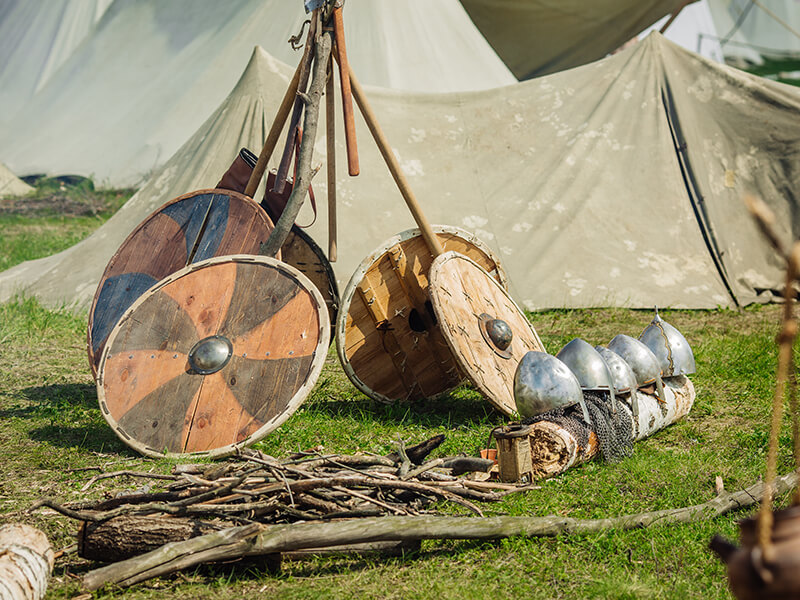
Ruthin Gaol, Denbighshire Council
Interpretive Planner
Ruthin Gaol is a Grade II* listed building and it is the only purpose-built, Pentonville-style prison open to the public as a heritage attraction in the U.K. Its impressive history spans both its time as a Gaol, from the early 1700s, to its time as a munitions factory during the Second World War.
The Interpretive Strategy involved: Reviewing interpretive displays; researching relevant case studies; analysing digital content online and onsite; reconsidering historical narratives and themes, owing to newly discovered research; utilising the General Learning Outcomes (GLOs) as a framework and providing short to long term recommendations. Guidance on content structure was kindly supplied by Headland Design, Chester.
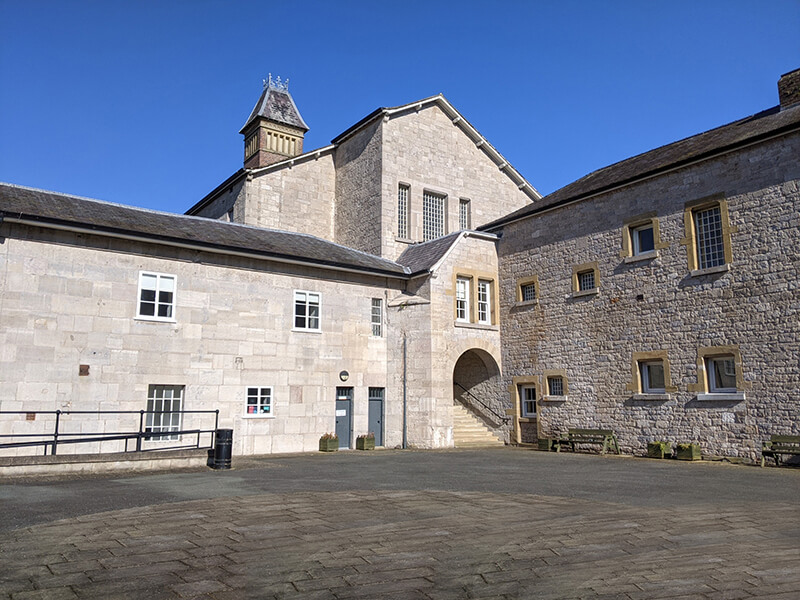
Heritage Service, Denbighshire County Council
Staff Audit
The core aim of this report was to provide options on a staff restructure for Denbighshire’s Heritage Service, based on appraising the current and future needs of the Service across its facilities. This included analysing current needs, gaps in provision, changing needs in the next 3 years and long term needs to include capital investment and expansion of the service and sites. 1-2-1 interviews with staff and a review of the staff structure and job roles took place. As a result of this work, a clearer understanding of the heritage services future needs was clarified. Options for change was provided and as such new staff roles were created.

Hoole Primary School, Chester
Workshop Developer and Facilitator
A workshop was created for key stage 2 pupils, to extend their knowledge and understanding, linking to PSHE, literacy and history.
Part of the literacy framework, a workshop was created for Upper key stage 2 pupils, to extend their knowledge and understanding, linking to PSHE and History. Through maps, articles and census returns, pupils discovered workhouses in their locality and the real conditions endured. Some sensitive exploration included reflecting on why people found themselves in the workhouse and on changing societal attitudes. The session also explored the difference between primary and secondary sources.

Welsh Government’s Culture Division
Wellbeing Case Studies and Study in Welsh Museums
I was commission as a researcher to explore the impact of Welsh Museums on the wellbeing of visitors. This work included obtaining ten case studies resulting in a digital publication of the wellbeing provision in museums and providing online training on how museums could use the University College London (UCL) Museum Wellbeing Measures Toolkit. For those participating in this scheme voluntarily, the data culminated into a report to give insight into the impacts museums have on the general visitor.


